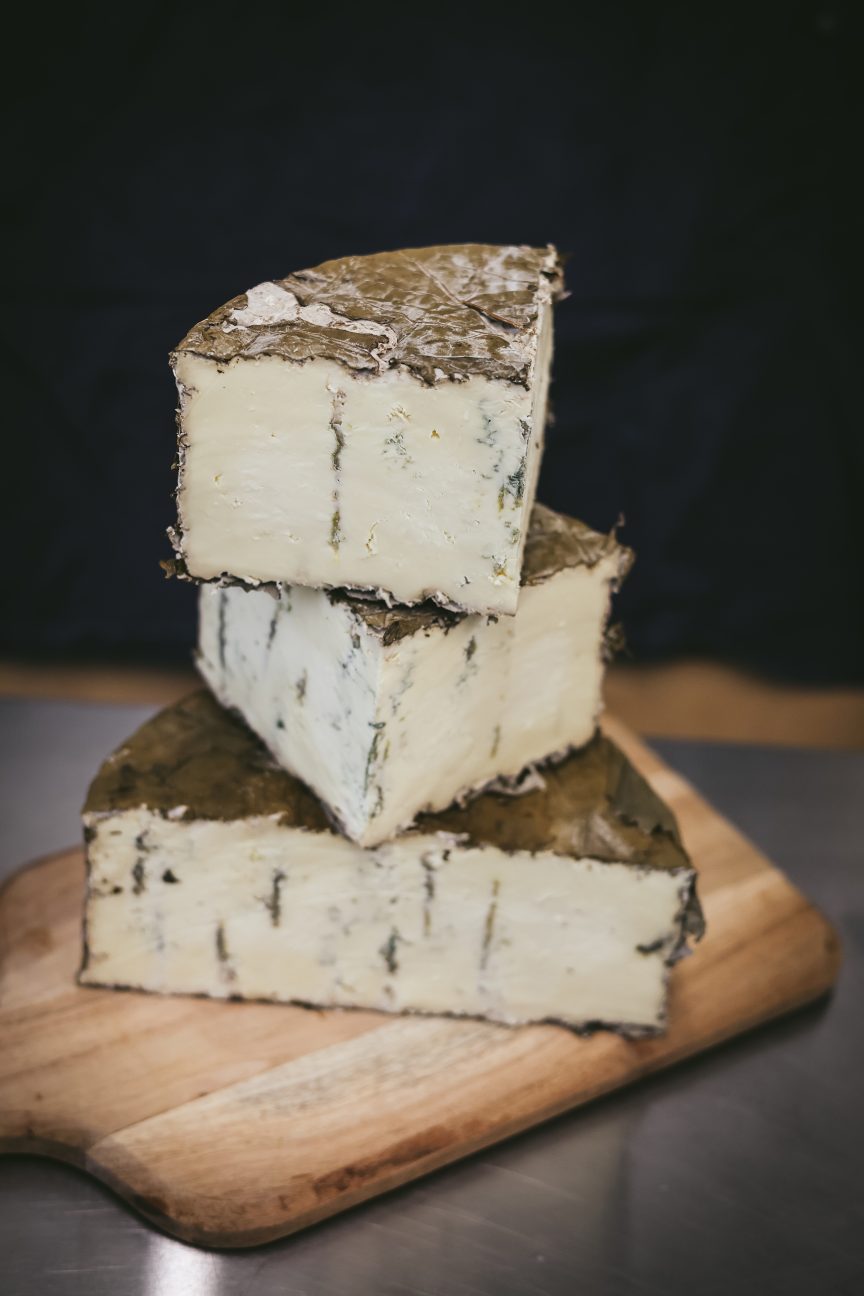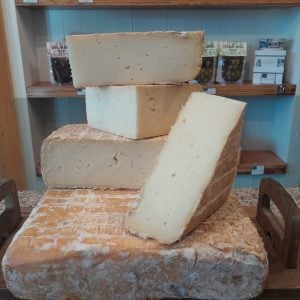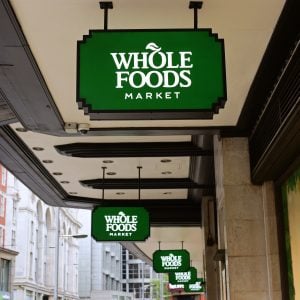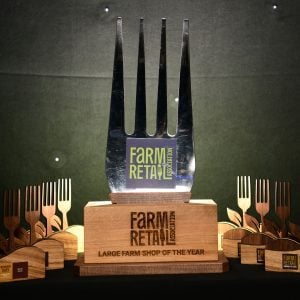
Brexit, better technical support and rising farming costs are some of the factors fuelling a surge in new British cheeses, according to industry insiders.
The trend was highlighted at a celebratory meal organised by the Specialist Cheesemakers Association (SCA) with Jamie Oliver at his Covent Garden restaurant in January, where five new cheeses were highlighted on the menu. These included Lowfields Lancashire, Pevensey Blue, Yr Afr goats’ cheese, Wandering Ewe and Corscombe camembert.
Other recent launches include: the washed rind Raedwald from Fen Farm Dairy; the Crottin-style Shilling from White Lake; and several new cheeses from King Stone, including the Alpine-style Burford and sheep’s milk cheeses Bibury and Hidcote.
“We’ve seen a few people exit through retirement, but the biggest reason (for new cheeses and cheesemakers) is that the cheese scene is a really exciting place that creates a snowball effect,” said SCA chairman Jonny Crickmore. “People aren’t scared of making any kind of cheese now. There’s a good network around the SCA for support and help.”
He also said that Brexit could be encouraging cheesemakers. “With more challenging times getting Continental cheeses into the UK, there’s more hunger and desire for British cheeses.”
Neal’s Yard Dairy buyer Bronwen Percival said it was often easier for businesses to start with Continental styles. “There are a lot more technical resources, including French consultants and starter companies like Standa that are making a big push to enter and support the UK market.”
She added: “I’d like to imagine that the SCA and School of Artisan Food have made it easier for new entrants.”
Burt’s Cheese in Cheshire has just launched a new blue Cheshire, wrapped in cider-soaked vine leaves, called Bidlea Blue. Cheesemaker Claire Burt said the cheese came about from taking part in the Academy of Cheese’s Affineur of Year competition.
“That gave us inspiration,” she said. “Covid and the big rise in costs have been difficult for cheesemakers, so I think some of this is a reaction. We’re trying to be more proactive and less reactive.”
SCA secretary Sian Oliver-Gay said that pressure on farmers was also a factor. “Milk producers struggling with increased feed, fertiliser and fuel cost volatility, coupled with new and developing environmental regulations, not to mention increasing staff costs and difficulties hiring, mean that added-value for core commodities needs to be sought.”
This article first appeared in the March edition of Fine Food Digest



